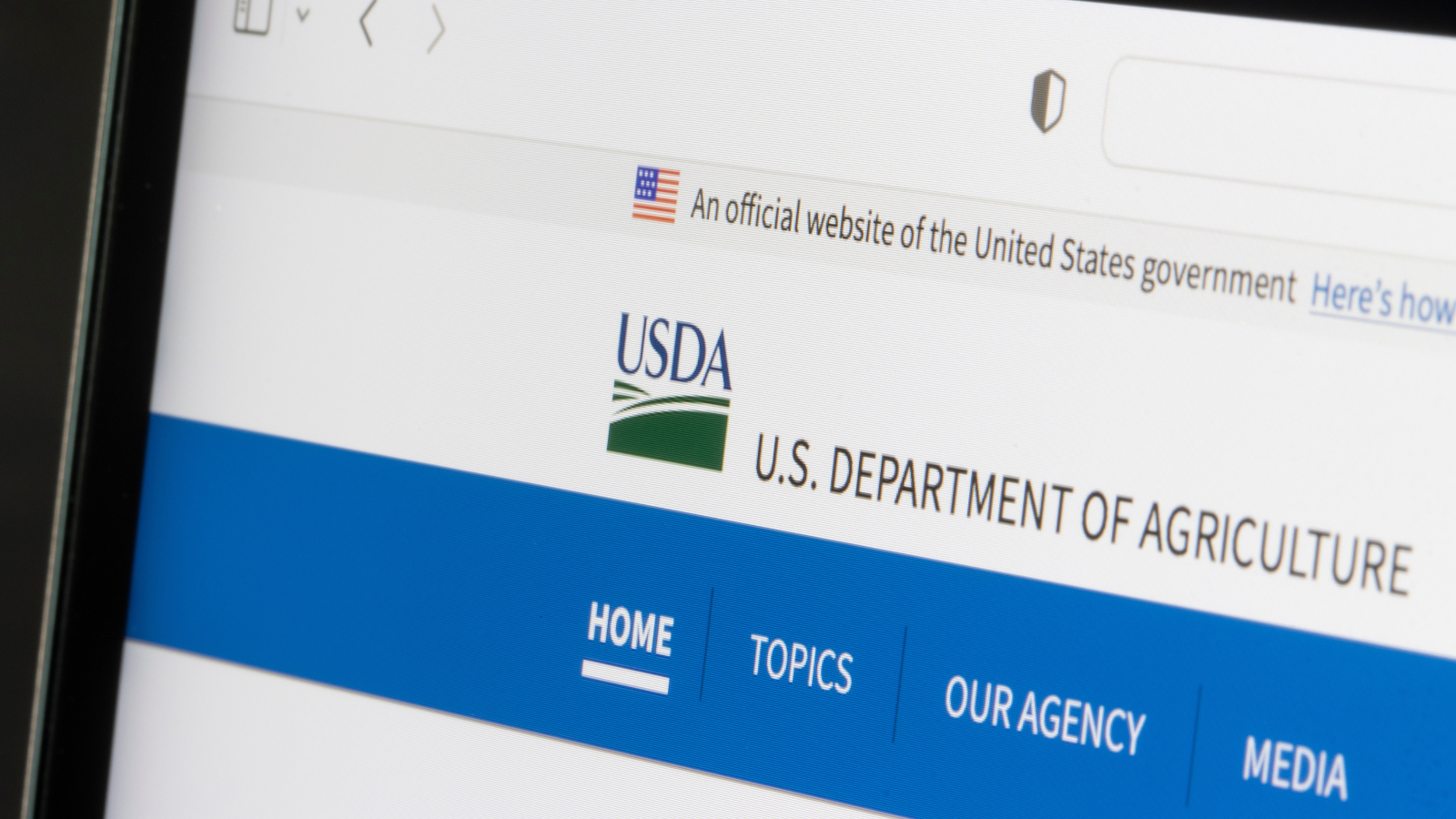Protect Democracy Launches New Guide on Elections & the Trump Prosecutions
- April 3, 2024
Former President Trump claims that the criminal charges against him are politically-motivated witch hunts and that trying him before the 2024 election, in which he is once again a presidential candidate, is “election interference.” While it is true that law enforcement should never be used for the purpose of affecting the outcome of an election, in a democracy, no one is above the law and running for political office should not immunize candidates from accountability for alleged criminal conduct. This raises the question of when it is appropriate to prosecute a political candidate in an election year and what criteria should be applied to answer that question.
Read our new guide: “Prosecuting Political Leaders During an Election” Read our new guide: “Prosecuting Political Leaders During an Election”
In a new guide, Prosecuting Political Leaders During an Election, our team analyzed the relevant law, history, government regulations and policies to assemble a framework for assessing the propriety and timing of criminal trials in relation to elections. This guide follows an earlier one, “Investigating and Prosecuting Political Leaders in a Democracy, which explains why prosecutions are not inherently improper simply because they have political ramifications and provides a framework for assessing when, as a general matter, prosecutions of high-ranking political leaders are appropriate.
Likewise, the new guide explains that election-adjacent prosecutions of candidates are not inherently improper. And just as there are objective criteria for assessing prosecutions of political leaders, there are also factors that aid in assessing the appropriate timing of criminal trials in relation to elections — including when it is appropriate to consider the date of an election in setting a trial schedule. As our analysis notes, these include:
- Precedent for prosecuting political candidates;
- Law governing the fair administration of criminal justice; and
- Prosecutorial standards probiting election interference
In short, prosecutions of political candidates are not unprecedented in the United States and criminal accountability for high-ranking political leaders furthers the fundamental democratic principle that no one is above the law. Long standing Supreme Court precedent that protects the fair administration of justice and the rights of criminal defendants counsels in favor of speedy trials, especially on serious charges. And there is no Department of Justice regulation or policy that prohibits criminal trials of candidates in close proximity to an election. On the contrary, all of these factors counsel in favor of trying a candidate during an election year if the charges are sufficiently serious that the public should know the evidence and whether the candidate is guilty in advance of voting.
To that end, election-year federal prosecutions of candidates should be assessed by answering a series of key questions:
- Were there safeguards in place to avoid politicized prosecutions and has the Justice Department respected them?
- Is there any evidence of political interference in the case, such as inappropriate public or private commentary by officials or the prosecutors themselves?
- Have courts and other independent arbiters indicated any concern with the timing or conduct of the prosecution?
As we explain in the guide, the answers to these questions suggest that the special counsel’s efforts to pursue speedy trials of former President Trump in advance of the 2024 election are an appropriate exercise of prosecutorial judgment in furtherance of his duty to vindicate the public interest in the fair administration of justice.
Read more about the Trump prosecutions and the rule of law Read more about the Trump prosecutions and the rule of law
Related Content
It can happen here.
We can stop it.
Defeating authoritarianism is going to take all of us. Everyone and every institution has a role to play. Together, we can protect democracy.
Donate
Sign Up for Updates Sign Up for Updates
Explore Careers Explore Careers
How to Protect Democracy How to Protect Democracy

